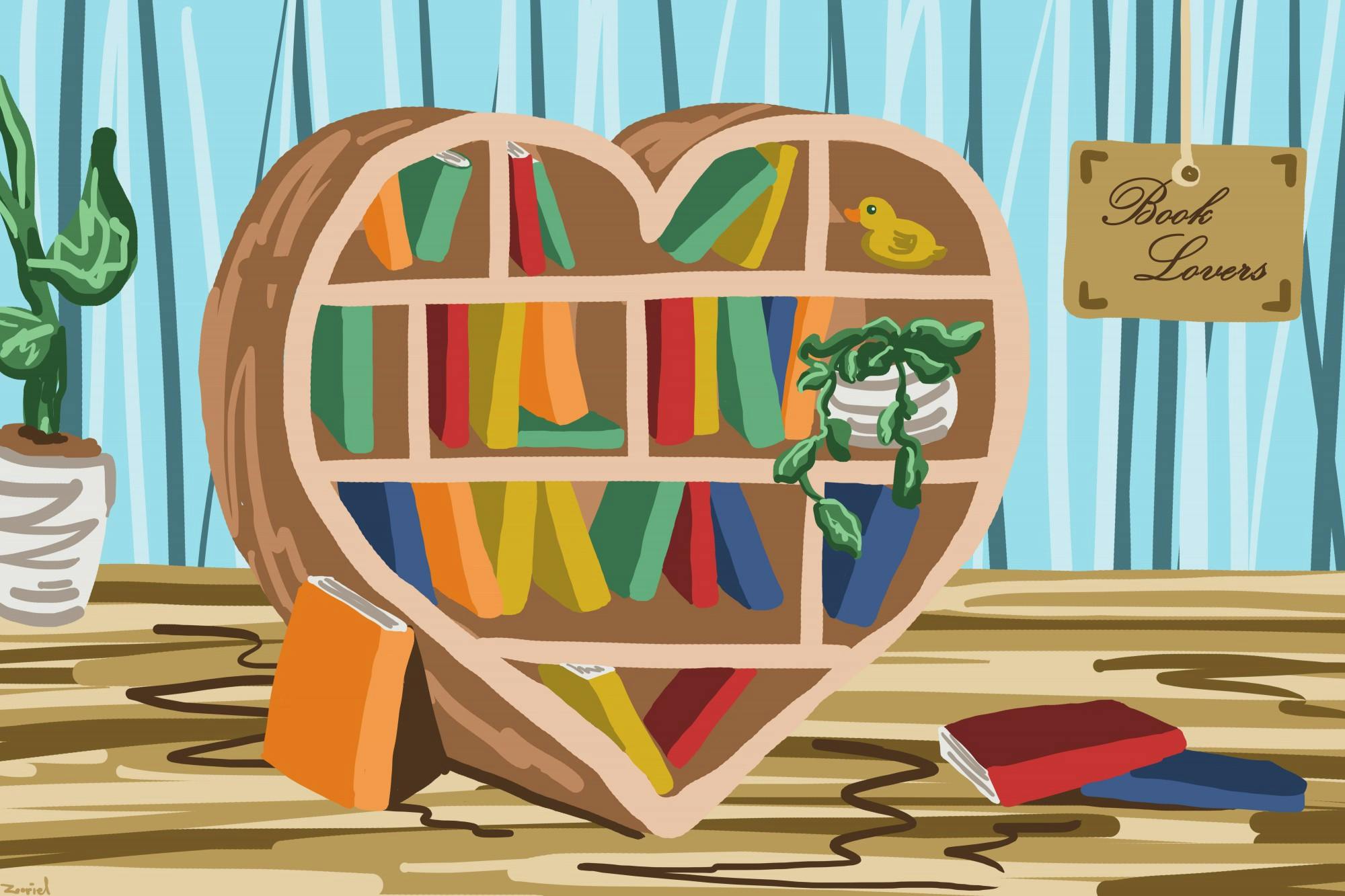There are many ways to begin a love story. Don’t believe me? Just walk into any bookstore’s romance section. You will stumble across microgenres like friends to lovers, co-workers to lovers, childhood neighbors to lovers, sister-in-law to lovers (hello Bridgerton season two!), strangers to lovers, fake lovers to lovers, fake lovers to lovers but for young adults — the list goes on. But — in accordance with the truism that the opposite of love is not hate, but rather indifference — the crown jewel plot line of contemporary romance is enemies to lovers. While I don’t personally get it — call me old fashioned but I’d rather my significant other like me instead of abhor me (been there done that!) — enemies to lovers is a long time favorite. From “Pride and Prejudice” to “When Harry Met Sally,” as a society, we cannot get enough of weirdly charged meet-cutes and declarations of hatred that turn into passionate kisses. I mean, anyone with a soul can admit that Elizabeth telling Darcy that he is the last man on Earth she could ever marry (while he stares longingly at her in the pouring rain) is damn good cinema. Who among us can forget Julia Stiles’s character in “Ten Things I Hate About You” reading a poem addressed to her enemy, played by Heath Ledger, that ends with “But mostly I hate the way I don’t hate you, not even close, not even a little bit, not even at all.” No one, that’s who. Enemies to lovers is all about the tension! The unspoken feelings! The miscommunication! The passion! The way they don’t hate each other, not even at all! The crux of enemies to lovers is a simple reversal of expectations. It really doesn’t take much. But Emily Henry makes that easy equation look pretty difficult in her third novel “Book Lovers.”
Henry is a seasoned romantic comedy writer. Her debut novel “Beach Read” is one of my all time favorite books and it happens to be an enemy to lovers plot. Reading “Beach Read” felt like wish fulfillment––a novel about two graduate school rivals turned professional authors who fell in love? It’s like Henry wrote the book just for me. Her eagerly anticipated second book, “People We Meet On Vacation” was a delightful novel with a one-of-a-kind narrator that almost lived up to her debut. What made it not as good as “Beach Read,” despite having more vivid and humorous characters, was that best friends to lovers essentially has no tension as a plot. Like if you’re best friends and you both have a crush on each other, you fundamentally should just kiss. It’s a rule we should all live by. “Book Lovers” returns to the enemies to lovers trope, but falters immediately: there is no reason for these two to hate each other.
“Book Lovers” centers around a literary agent, Nora, and a literary editor, Charlie. We are supposed to believe these two love interests are enemies from one interaction that lasts about three pages and is not acrimonious at all. Somehow, that one-hour lunch is enough for Nora to not only remember Charlie years later when she sees him in Sunshine Falls, N.C. while on vacation, but to send him extremely unprofessional emails until he spots her. In the small town, which is the setting for Nora’s best selling client’s novel, Nora and her sister take a month-long vacation. Charlie, who is from the small town, and Nora strike up a will-they-won’t-they romance, born from unfounded hatred.
Except I really didn’t care if they did or didn’t. These characters were strangers, but almost immediately after reconnecting in the small town, they were emailing flirtatiously and calling each other by their last names — which is, by the way, not only a cheap way of signaling intimacy but supremely awkward and unrealistic. Think about it, if your crush called you by your last name would you be flattered or think you were teammates on a little league team?
But I understand why Henry had to resort to quick ways to manufacture a spark between these two duds — the characters were boring, undeveloped and had no sense of voice. Henry sprinkled in some light trauma for both characters as a substitute for a distinctive voice and then one-dimensionally built their personalities — if you can call them that — around said trauma. We cannot see the trauma in how the characters move throughout the world, rather Nora and Charlie state bluntly that what they are doing is a result of their experiences. No wonder the two have no chemistry — they can barely say a word without over explaining themselves.
Henry did not seem to be focused on characterisation. Instead she was too busy trying to make the plot quirky. Nora’s sister is maybe getting a divorce. Charlie’s family owns a failing bookstore. Charlie’s cousin hits on Nora. Nora’s client is writing a book about her. Charlie might have to leave New York City. Charlie’s sister elopes in Italy. In her efforts to be specific, she zoomed into the menagerie of setting and side plots at the expense of these characters that we are supposed to care about.
Henry’s third novel was supposed to be the novel for dedicated literary romance fans like myself — the title announces itself as so: “Book Lovers” not only hints at Charlie and Nora, but references the novel’s readers. I have been eagerly anticipating this novel since last year when I heard about a love story between a book agent and book editor. Now, I am just disappointed that no other writer can give that premise a better shot.
“Book Lovers” had the potential to be my new favorite book, but the disorganized plot and indistinct characters left me so disappointed I had to immediately watch “Pride and Prejudice” to remind myself that there are still interesting enemies to lovers out there. You just won’t find them in “Book Lovers.”
Rating: ★☆☆☆☆




